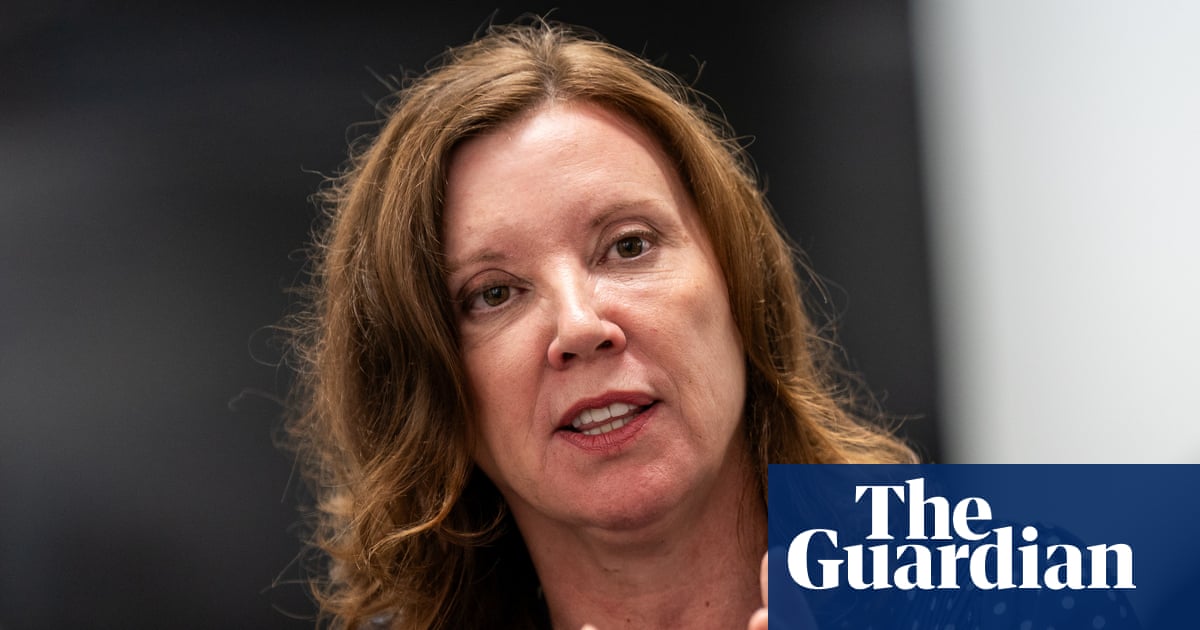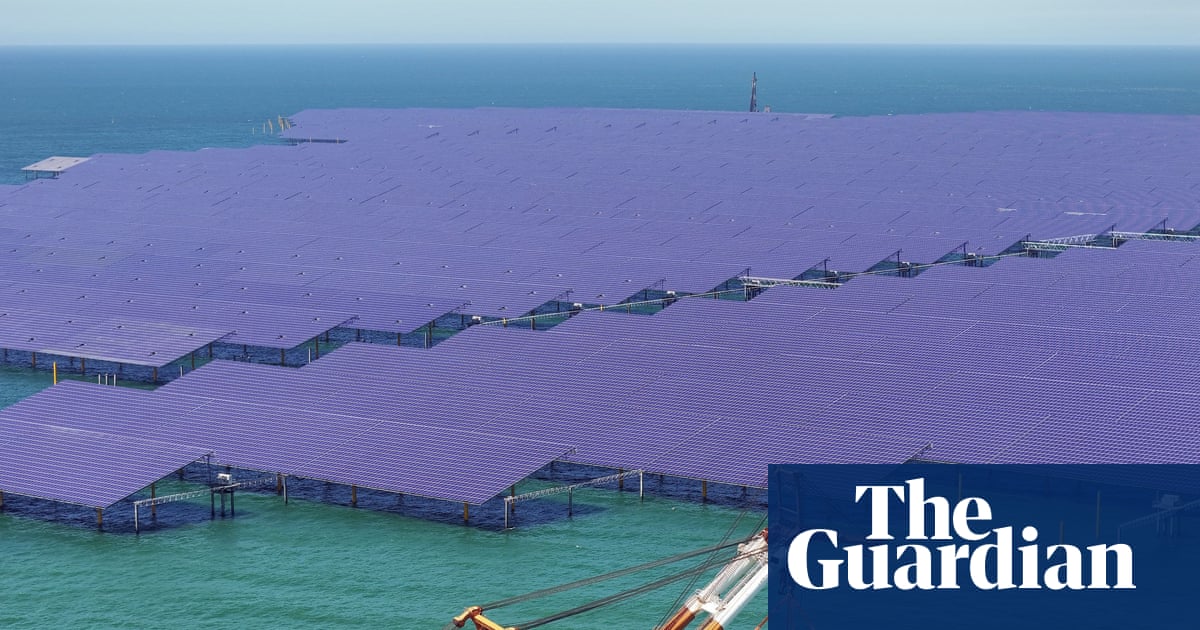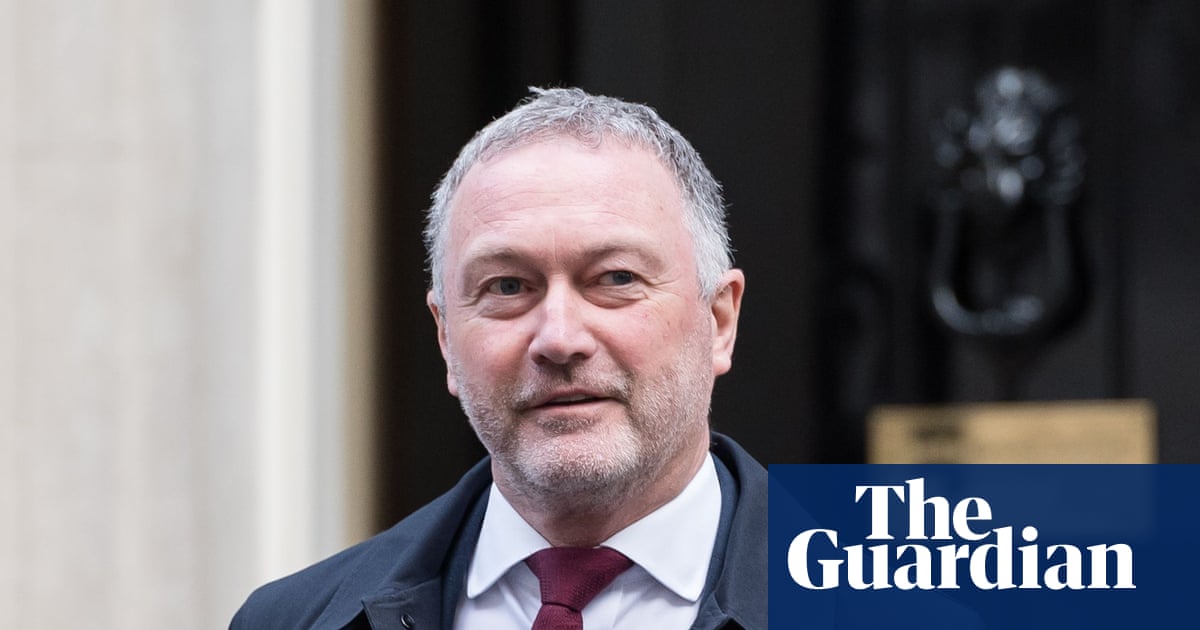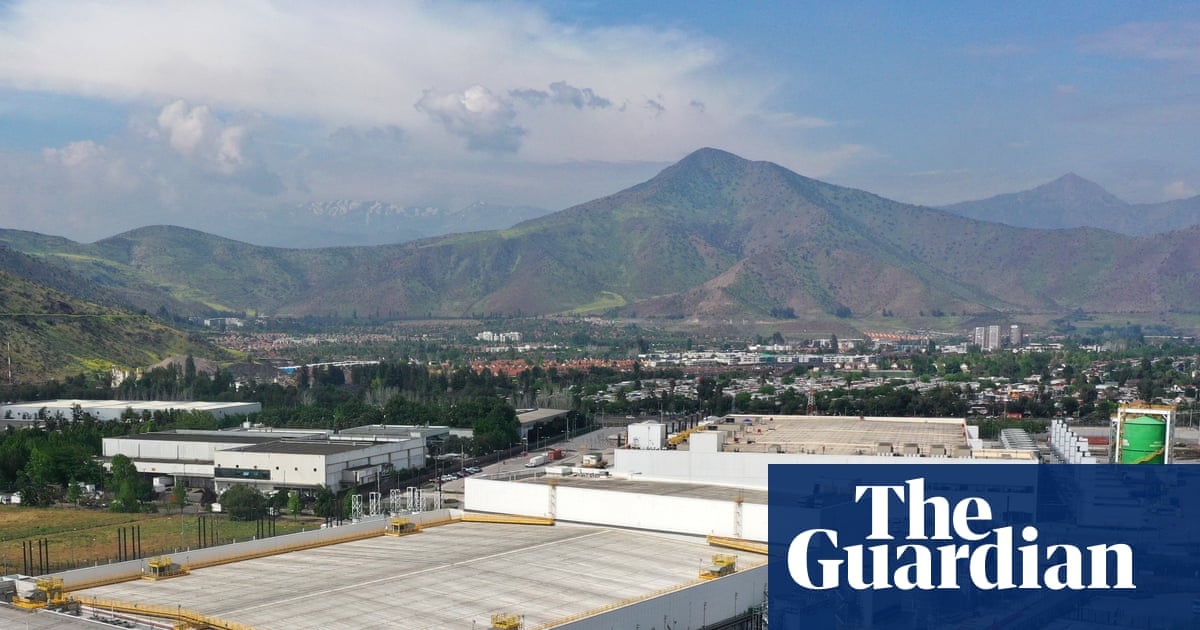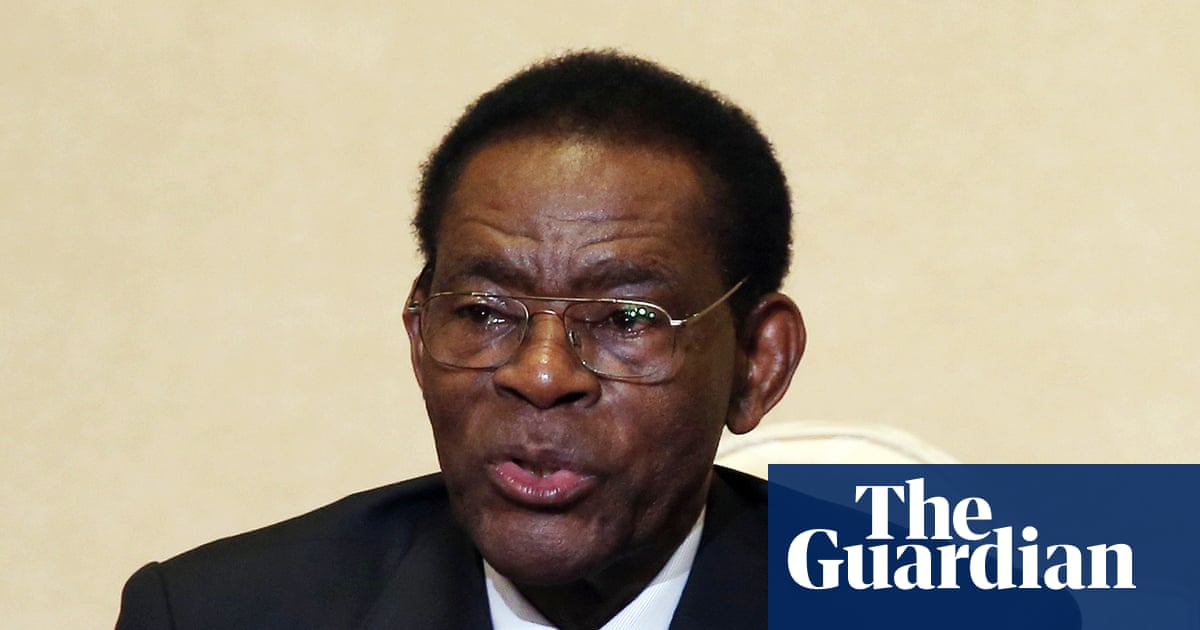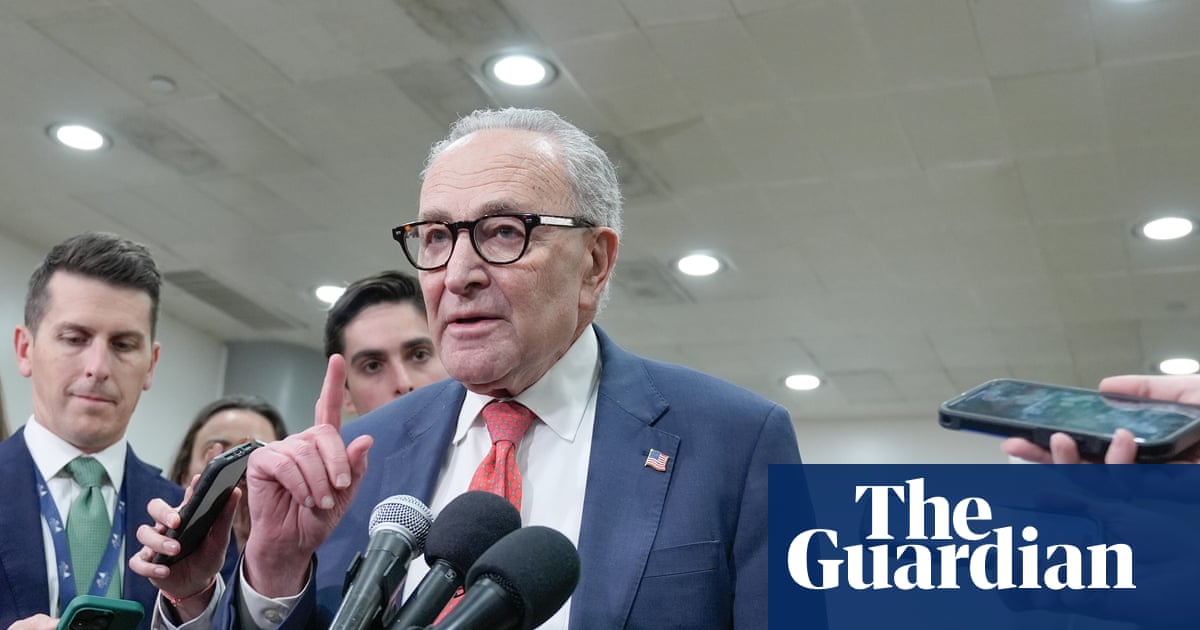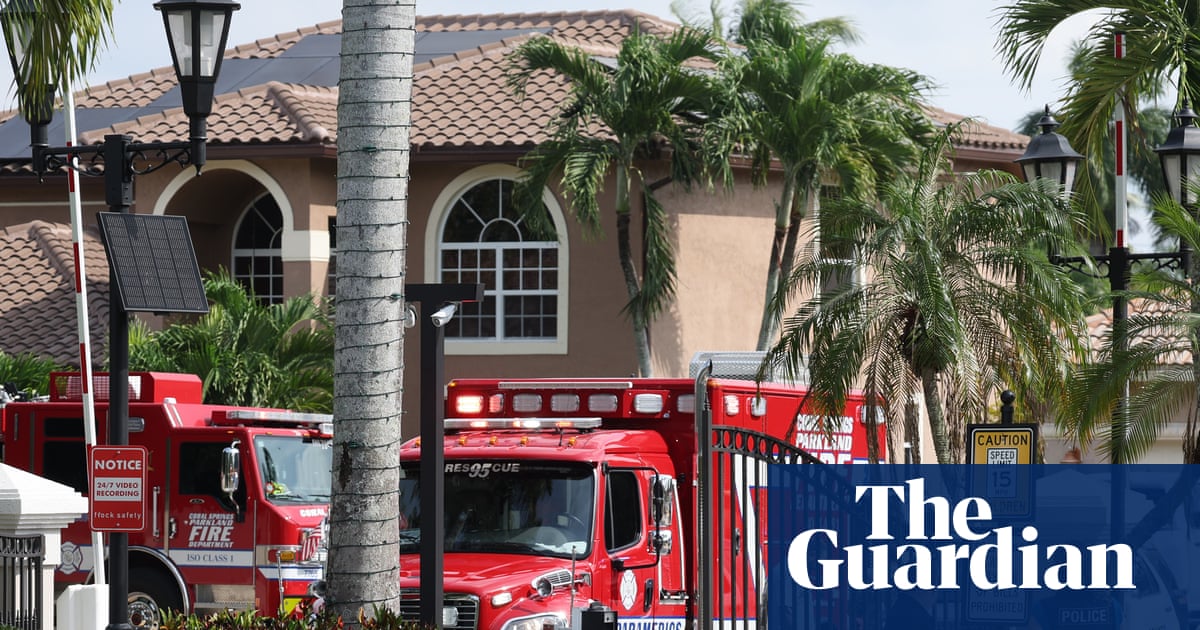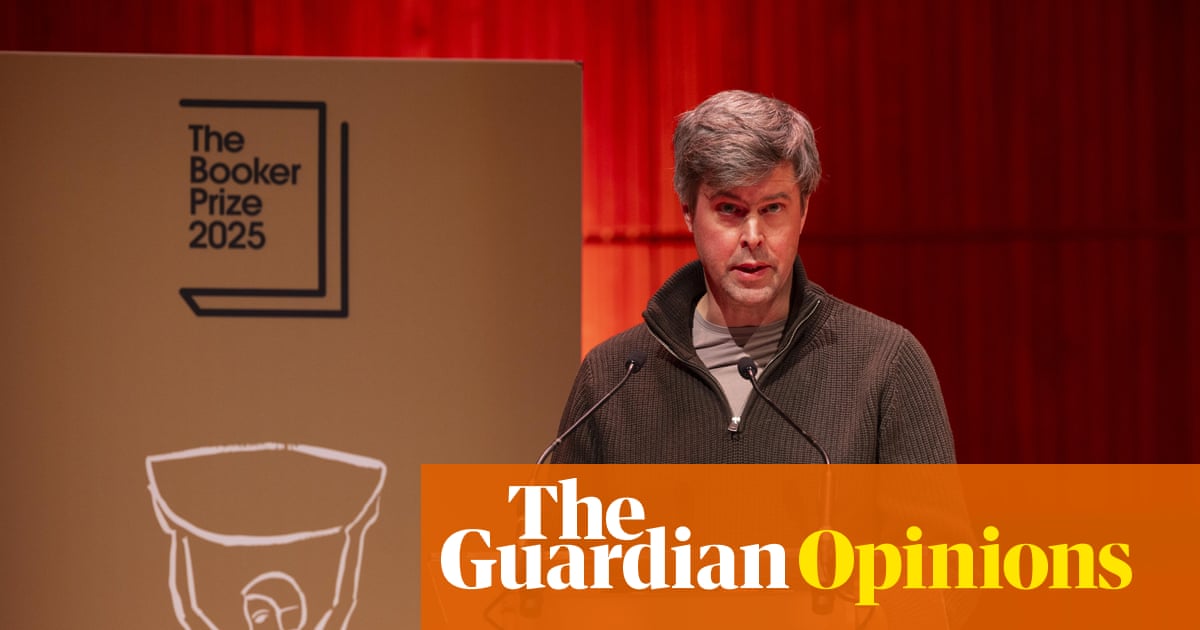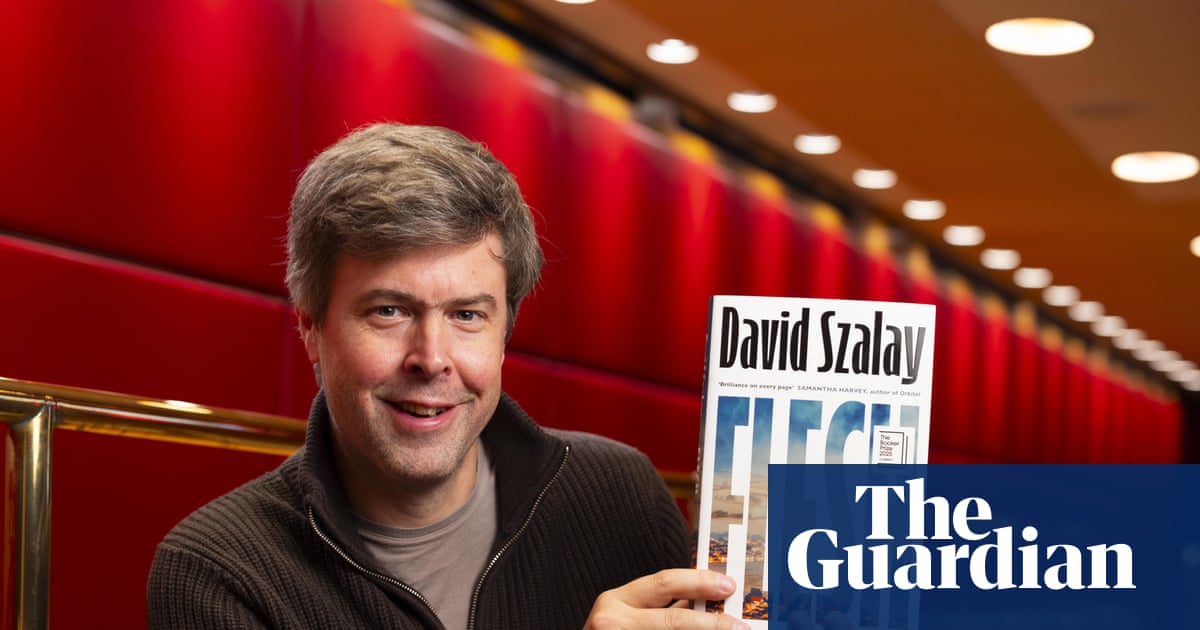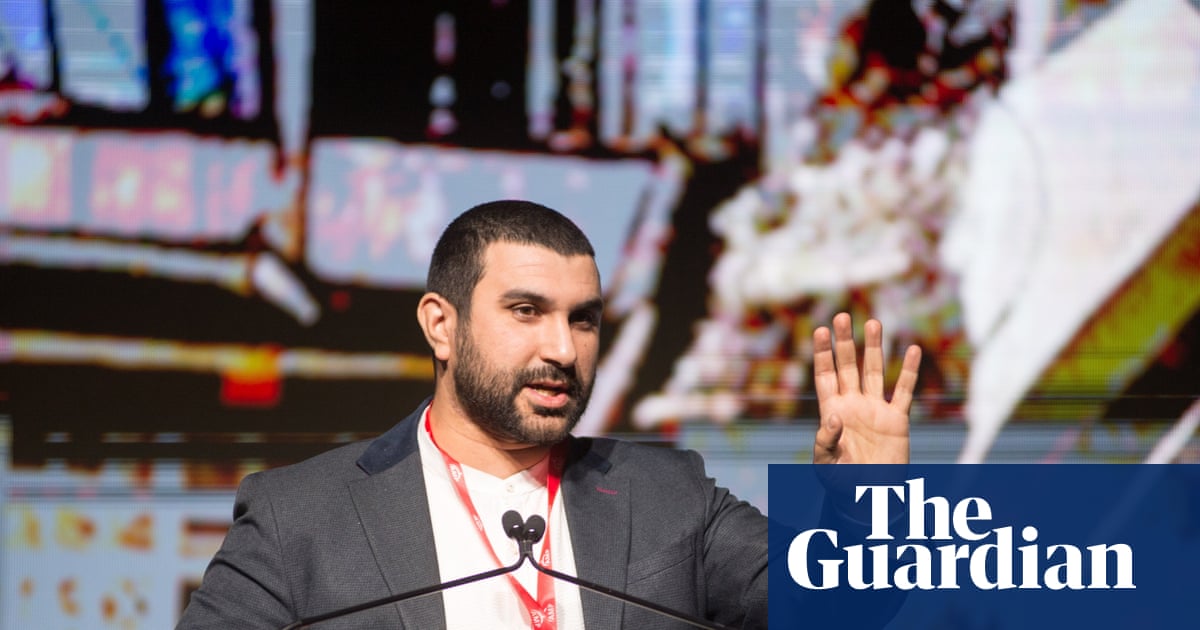All is not lost, Simon Stiell, the UN’s climate chief, told the Guardian last week. But the latest planetary health check from the Potsdam Institute for Climate Impact Research is a brutal reminder of how close the Earth is being pushed beyond repair. Seven of the nine planetary boundaries are now breached, with ocean acidification added to the danger list. Yet the world has proved that cooperation works: the ozone layer is healing, air pollution controls are working. A decisive test looms at the end of the month, when governments must file new climate pledges, known as nationally determined contributions (NDCs). This is no time to ease off: the fossil-fuel era must end, and the clean‑energy transition must accelerate.
There is real concern that big emitters, including China and the EU, will fall short of what is needed to avoid extreme heating. The EU is set to miss this month’s NDC deadline, while most fossil-fuel producers plan to cut emissions at the margins instead of phasing out production. Since Donald Trump has withdrawn from the Paris climate agreement, the US will make no fresh commitments at all. At the UN, Mr Trump trotted out the same stale oil-industry talking points he’s been peddling for years.
But there are also encouraging signs, including the fact that global investment in renewables keeps rising. In the first half of 2025 it reached a record $386bn, 10% higher than the same period last year. China alone installed more than 250GW of solar power capacity in this brief period – more than twice as much as the rest of the world combined. It has hit its 2030 target for solar and wind six years ahead of schedule and is managing to lower emissions despite growing power demand.
Global investment in clean energy, including nuclear and grid upgrades, is also up, and expected to reach around $2.2tn in 2025 – roughly twice the amount being spent on fossil fuels. Since inadequate grids have been an obstacle to the expansion of clean power in many countries, including the UK, this too is good news. However, the rise of anti-climate populists in European states including Germany is deeply concerning, and perhaps explains the EU’s increased caution. A “statement of intent” by the bloc last week indicated that it expects to commit to emissions cuts of up to 72.5% by 2035 (compared with 1990 levels), which falls short of the 79% or more that campaigners have pushed for.
Responsible politicians everywhere must proactively address voters’ concerns about the impact of green policies on their lives, and keep reminding them how much more costly and dangerous the alternatives to a green transition are. In the US, too, climate policies are progressing – despite the Trump administration’s opposition. About 19 states, and corporations covering two-thirds of US corporate revenues, still back net zero.
Renewables growth is essential, but unless carbon emissions are reduced at the same time, net zero is impossible. If planned fossil-fuel projects proceed, global output in 2030 will be more than double the limit for keeping heating to 1.5C. Mr Stiell is right to point to progress as well as threat. The crisis won’t be solved at this Cop or the next. But abandoning the process would mean abandoning hope – and handing victory to the wreckers.
-
Do you have an opinion on the issues raised in this article? If you would like to submit a response of up to 300 words by email to be considered for publication in our letters section, please click here.

 1 month ago
44
1 month ago
44



